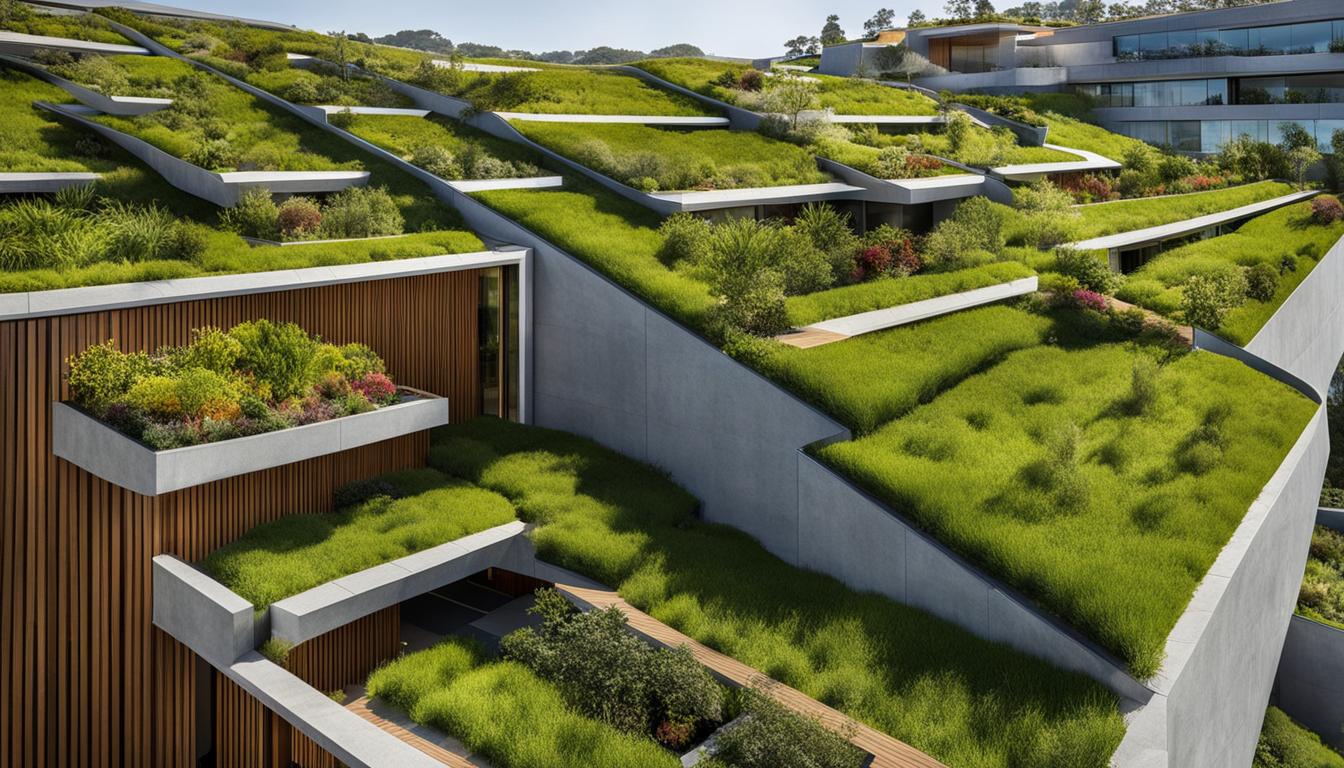
Green Building Standards in Charleston Real Estate Developments
Charleston Market Report – Over the past decade, Charleston has experienced rapid growth in both population and real estate demand. With this expansion comes the need for sustainable practices that preserve the city’s historic charm while supporting modern living. Developers now embrace green building standards charleston as a way to balance profitability, community needs, and environmental responsibility. As regulations tighten and consumer preferences shift, these standards no longer serve as optional perks but as essential elements in every serious real estate project.
Charleston’s coastal location makes the region highly vulnerable to climate change and rising sea levels. As a result, local authorities and private developers recognize the urgency of implementing green building standards charleston. Several factors drive this transformation:
Energy efficiency goals: New buildings aim to reduce overall energy consumption.
Storm resilience: Developers design structures to withstand hurricanes and flooding.
Consumer demand: Buyers prefer homes that save on utility bills and promote wellness.
Government incentives: Tax benefits and grants encourage sustainable building.
Corporate responsibility: Investors want long-term assets with lower environmental impact.
Together, these drivers push green building standards charleston into the spotlight. The movement represents both a cultural shift and an economic necessity.
To truly understand the impact, one must look at the defining features of green building standards charleston. These elements shape how architects, contractors, and city planners approach modern developments:
Sustainable materials: Builders choose recycled or locally sourced products.
Water conservation: Systems reduce waste through rainwater collection and efficient plumbing.
Renewable energy integration: Solar panels and wind energy support electricity needs.
Indoor air quality: Ventilation systems improve health and comfort for residents.
Smart technology: Automated systems manage energy usage effectively.
Developers who follow green building standards charleston not only meet local requirements but also create spaces that attract environmentally conscious buyers. These properties often sell faster and hold higher long-term value.
The adoption of green building charleston creates significant advantages for both investors and homeowners. Investors see long-term stability, while residents experience immediate improvements in quality of life. Some notable benefits include:
Lower operational costs: Energy-efficient systems reduce utility expenses.
Higher property value: Green-certified homes command premium prices.
Community appeal: Sustainable neighborhoods attract diverse demographics.
Resilience to disasters: Stronger construction reduces repair costs after storms.
Improved lifestyle: Healthier living environments increase overall satisfaction.
These benefits demonstrate why green building standards charleston represent more than an environmental trend. They also serve as a financial strategy that secures both economic and social rewards.
While the advantages are clear, challenges remain in fully integrating green building charleston across all developments. Developers and policymakers face several obstacles, such as:
Higher upfront costs: Sustainable materials and technologies often cost more initially.
Knowledge gaps: Not all contractors or architects specialize in green construction.
Regulatory complexity: Navigating permits and compliance can delay projects.
Market hesitation: Some buyers still prioritize lower prices over sustainability.
Maintenance requirements: Advanced systems may need specialized care.
Despite these issues, stakeholders continue to push for broader adoption of green building charleston. They believe long-term gains outweigh short-term hurdles.
Looking ahead, the importance of green building charleston will only increase. With continued urban growth and environmental challenges, Charleston cannot afford to rely on outdated practices. Developers, city leaders, and investors already collaborate to expand initiatives that support sustainable infrastructure.
In the near future, new communities will likely feature solar-ready rooftops, storm-resistant designs, and smart energy grids as standard offerings. Buyers will no longer ask whether a property follows green building charleston they will expect it. This shift ensures that Charleston remains both livable and competitive, attracting residents and businesses who value progress and sustainability.
This website uses cookies.